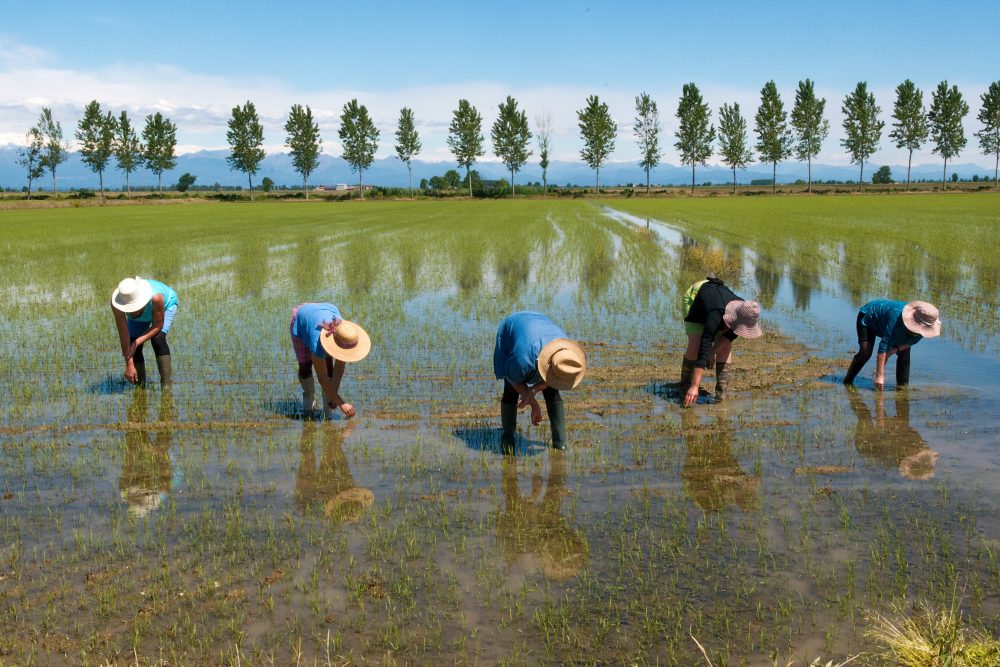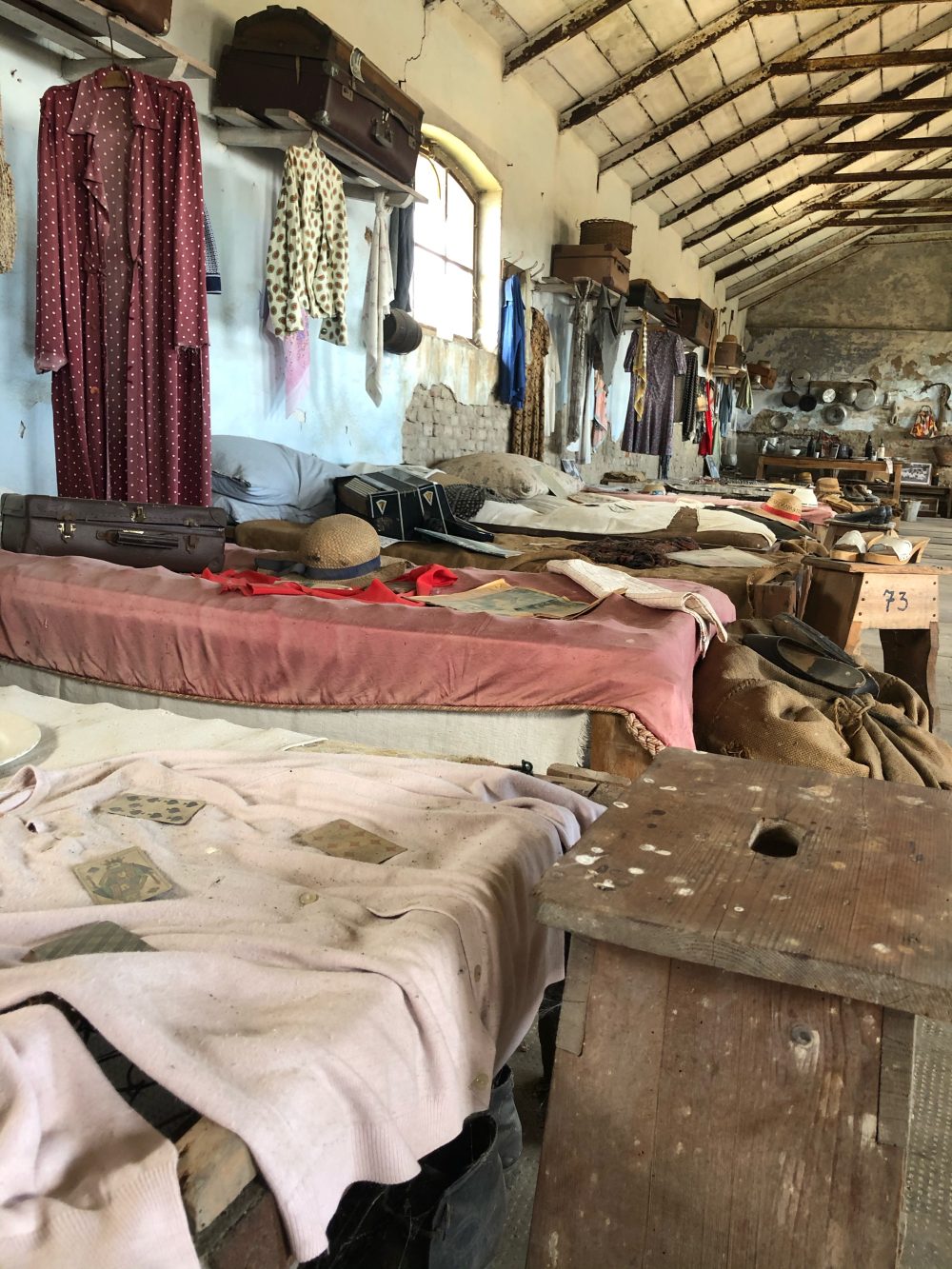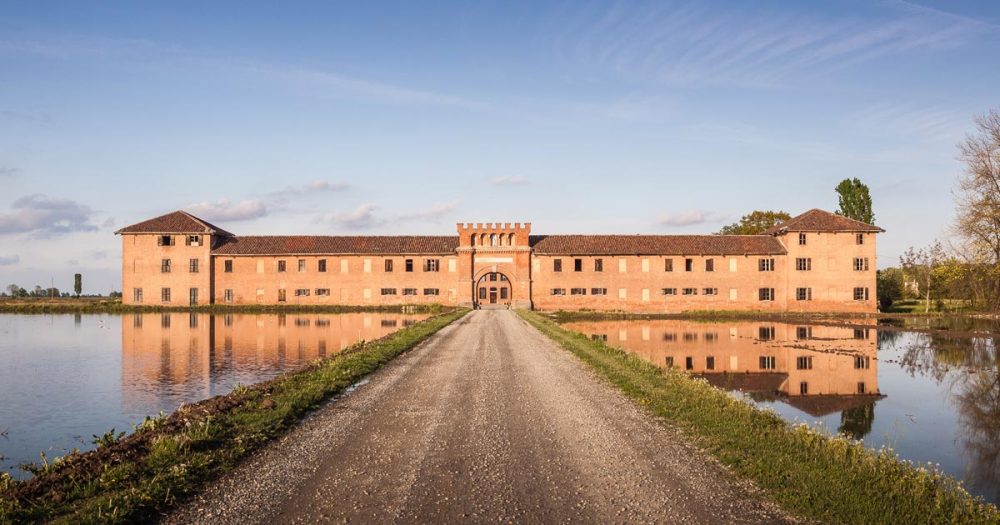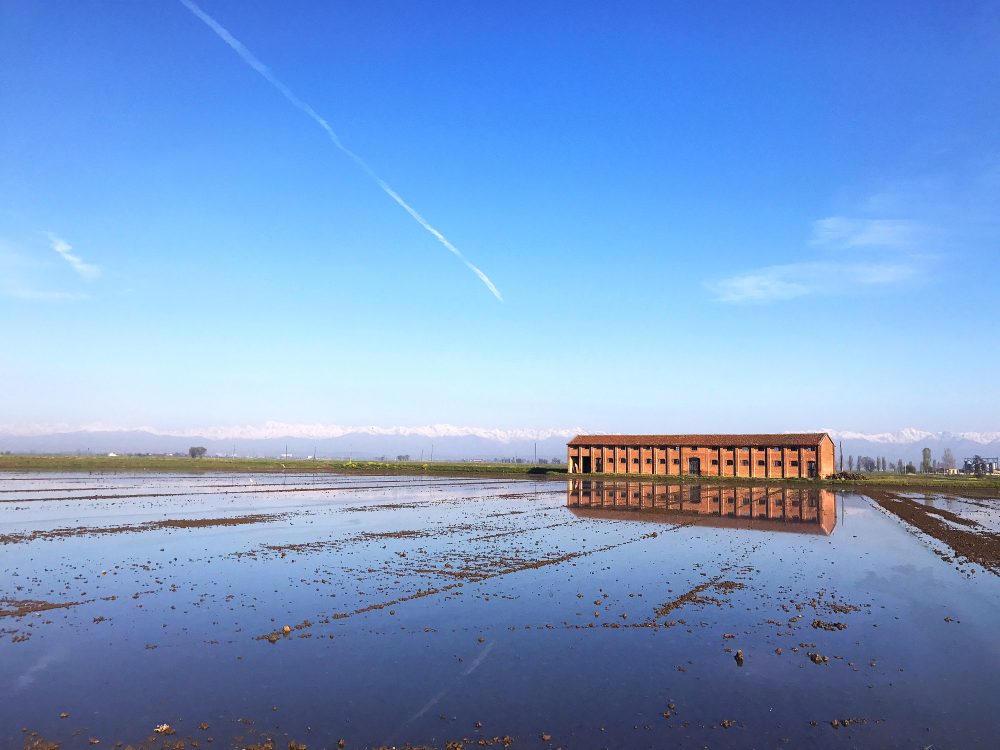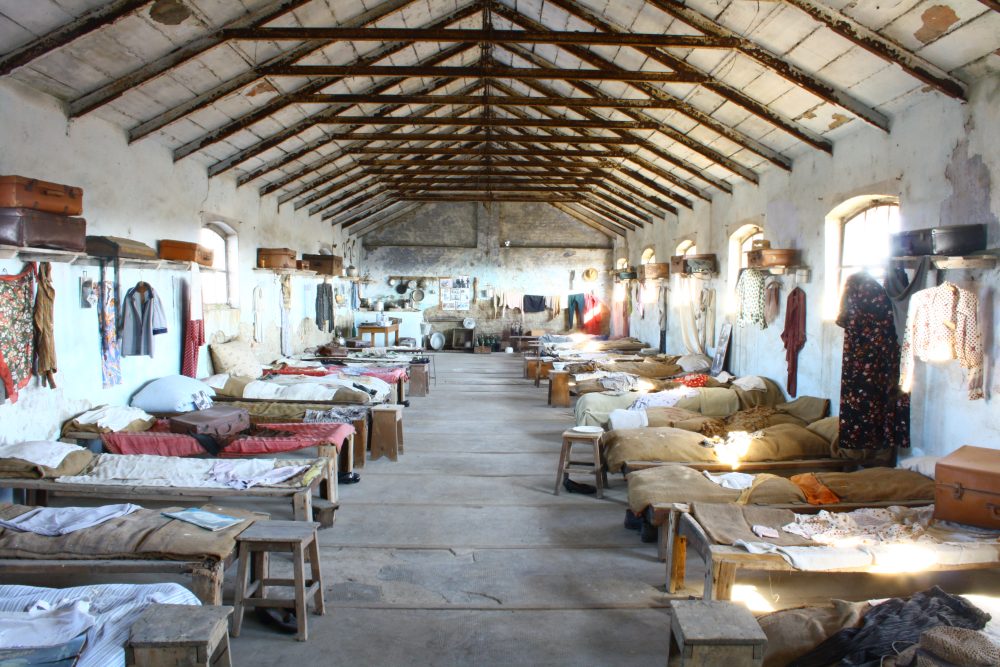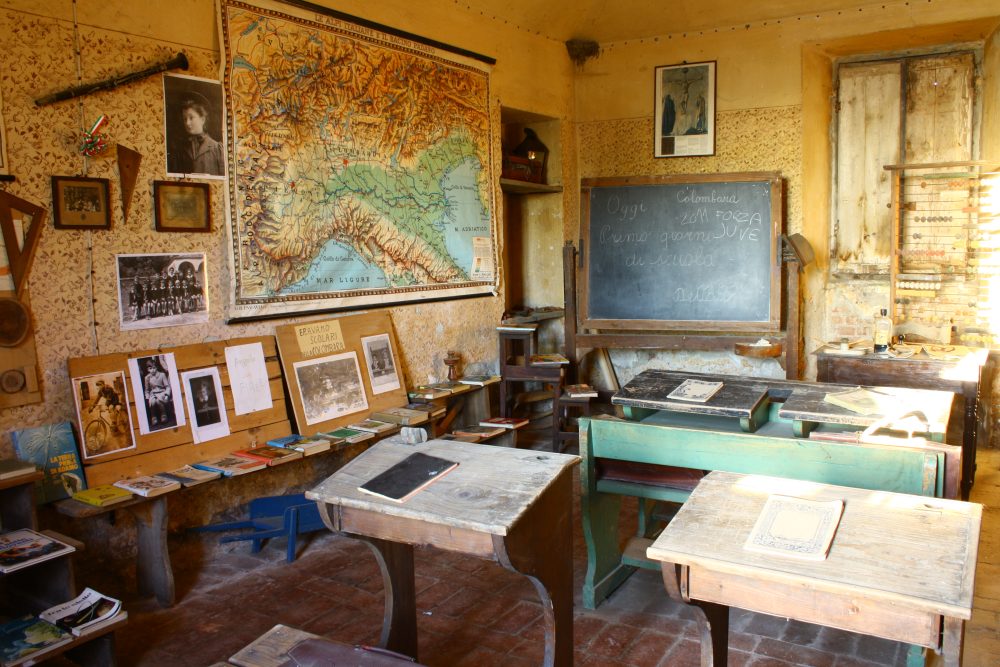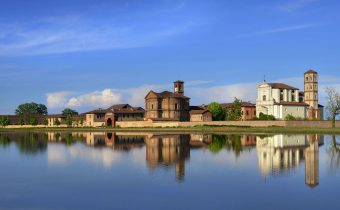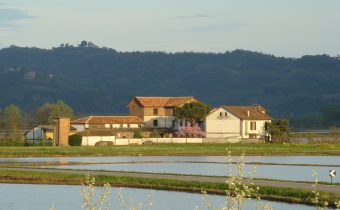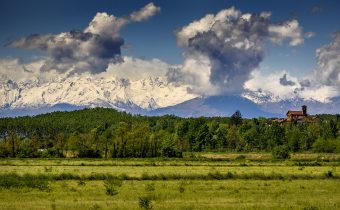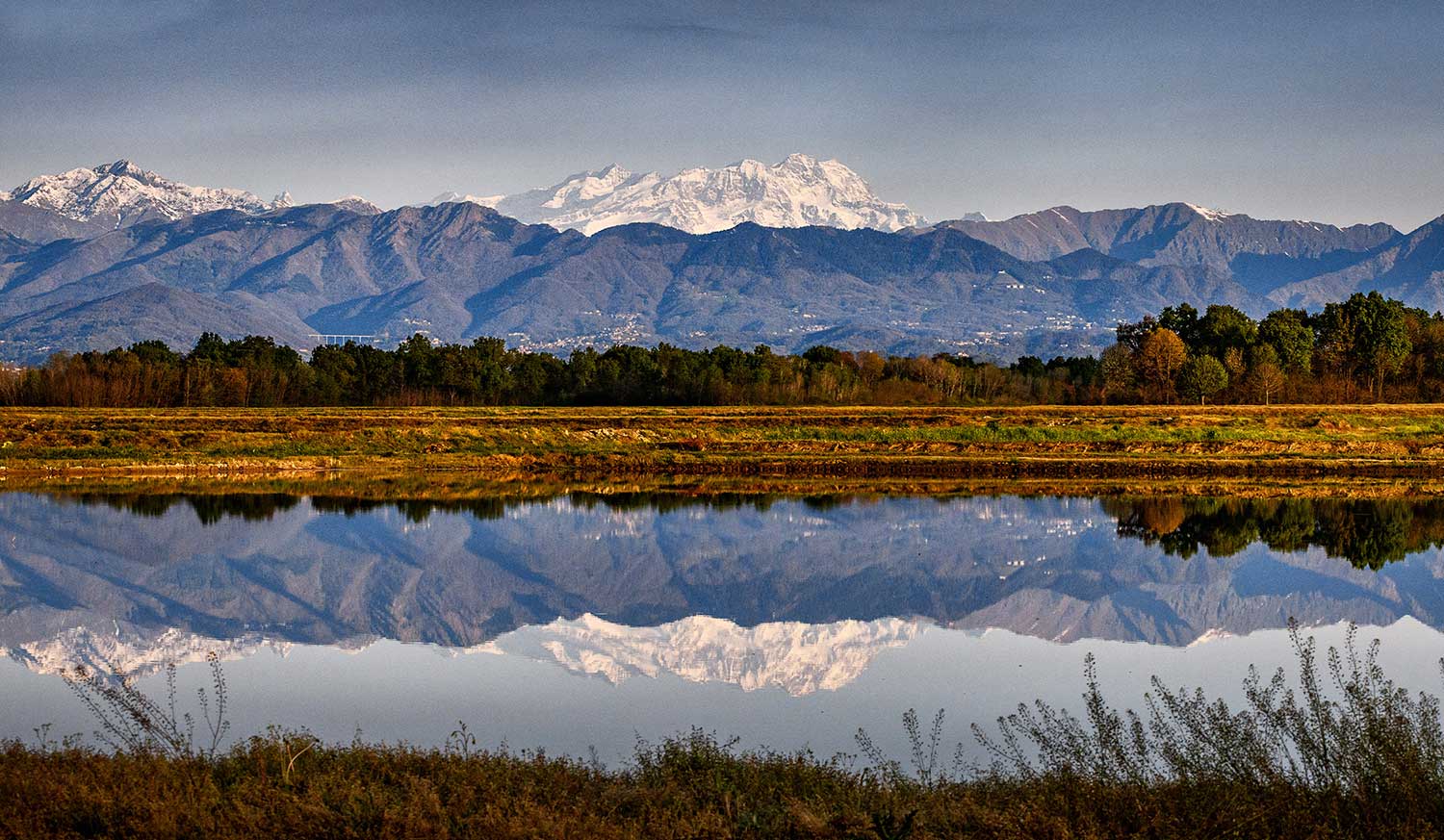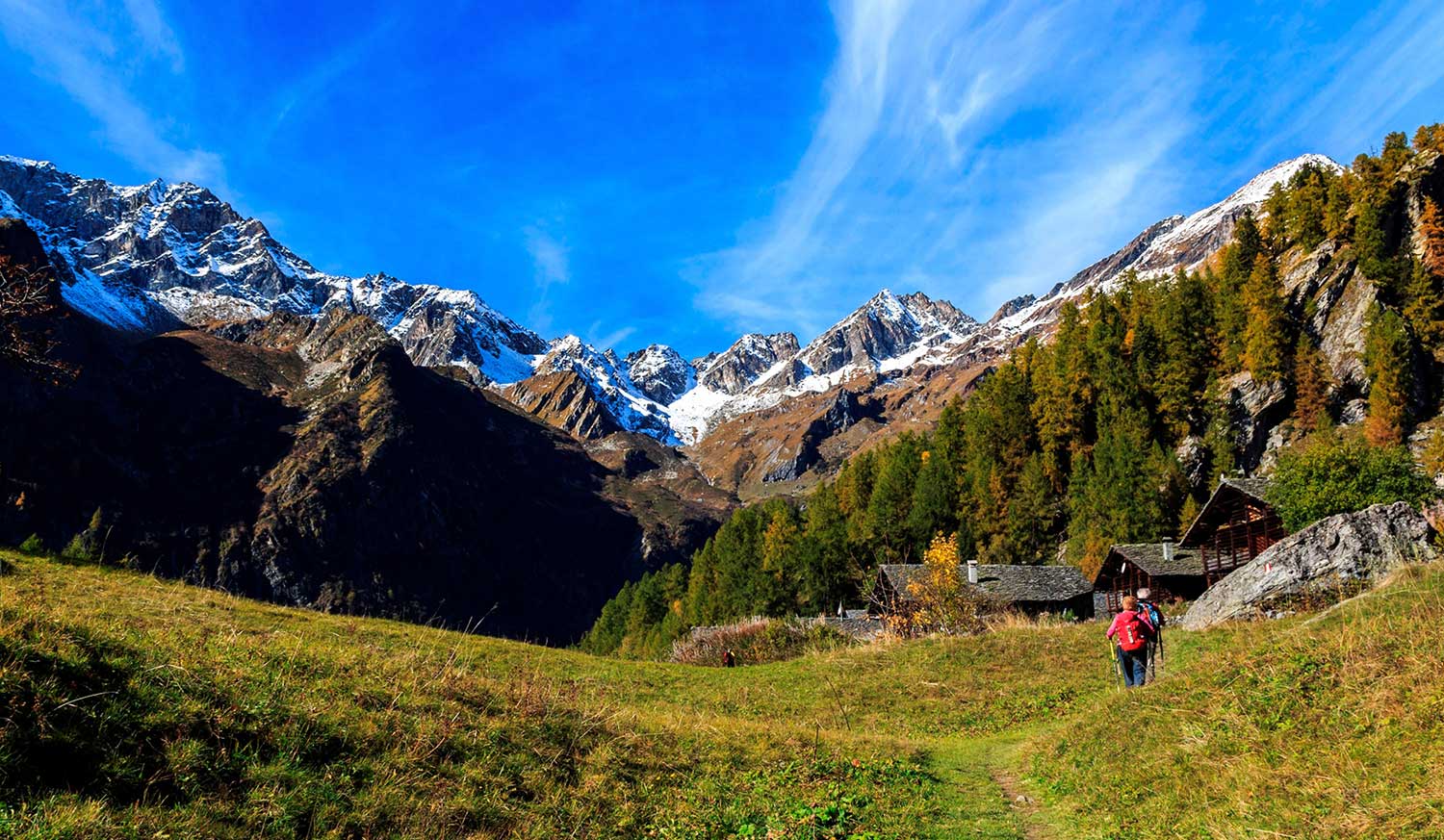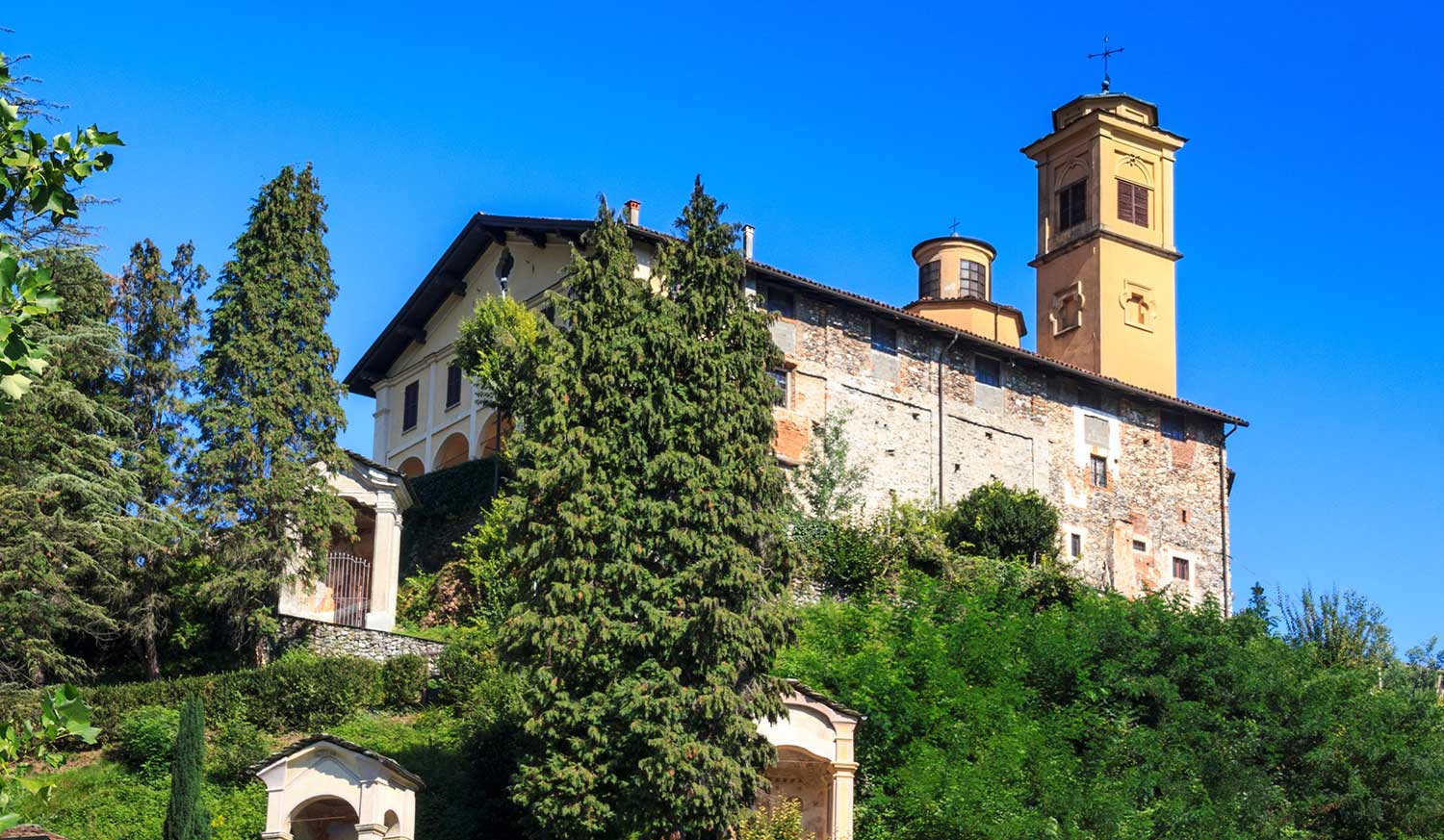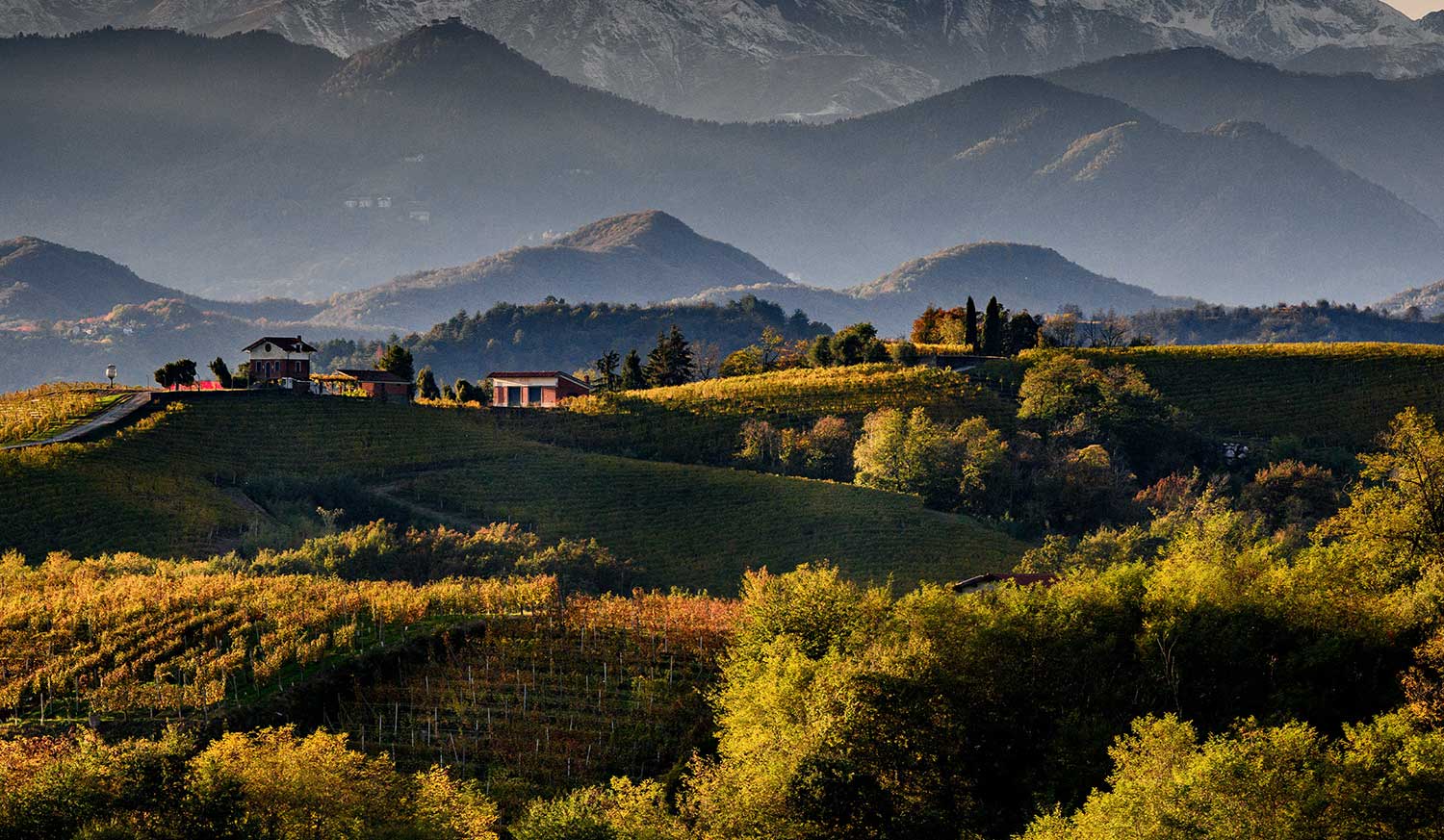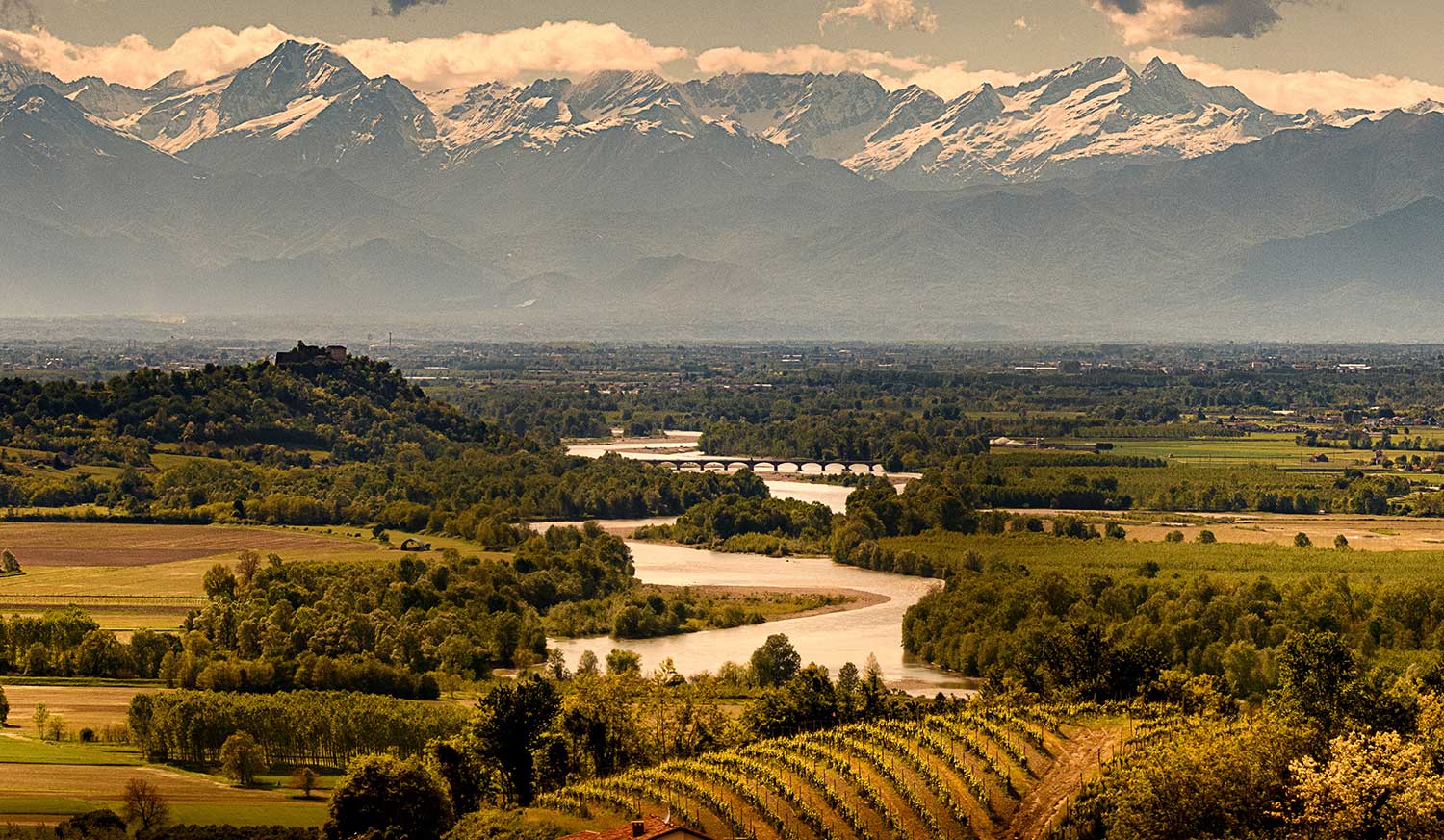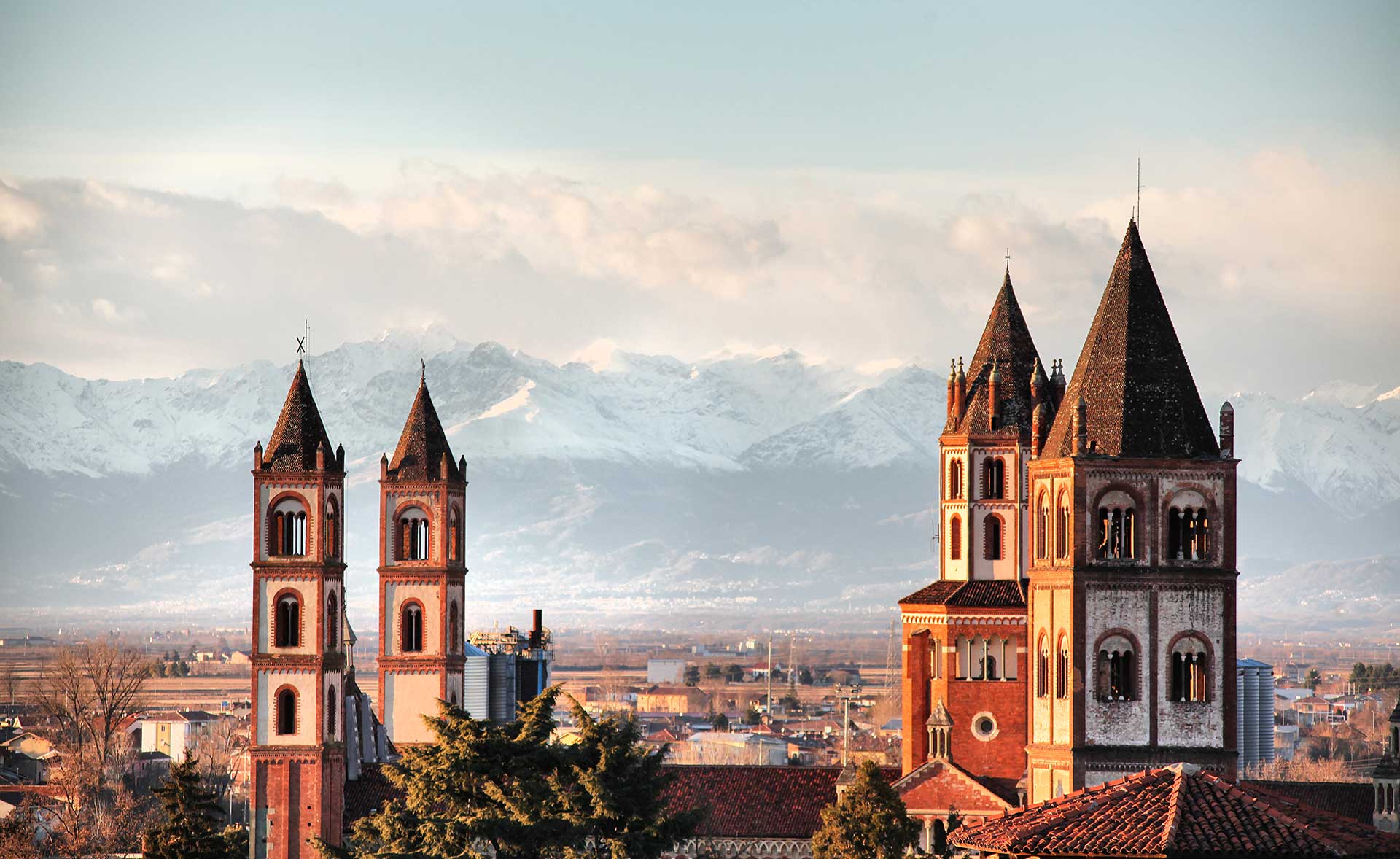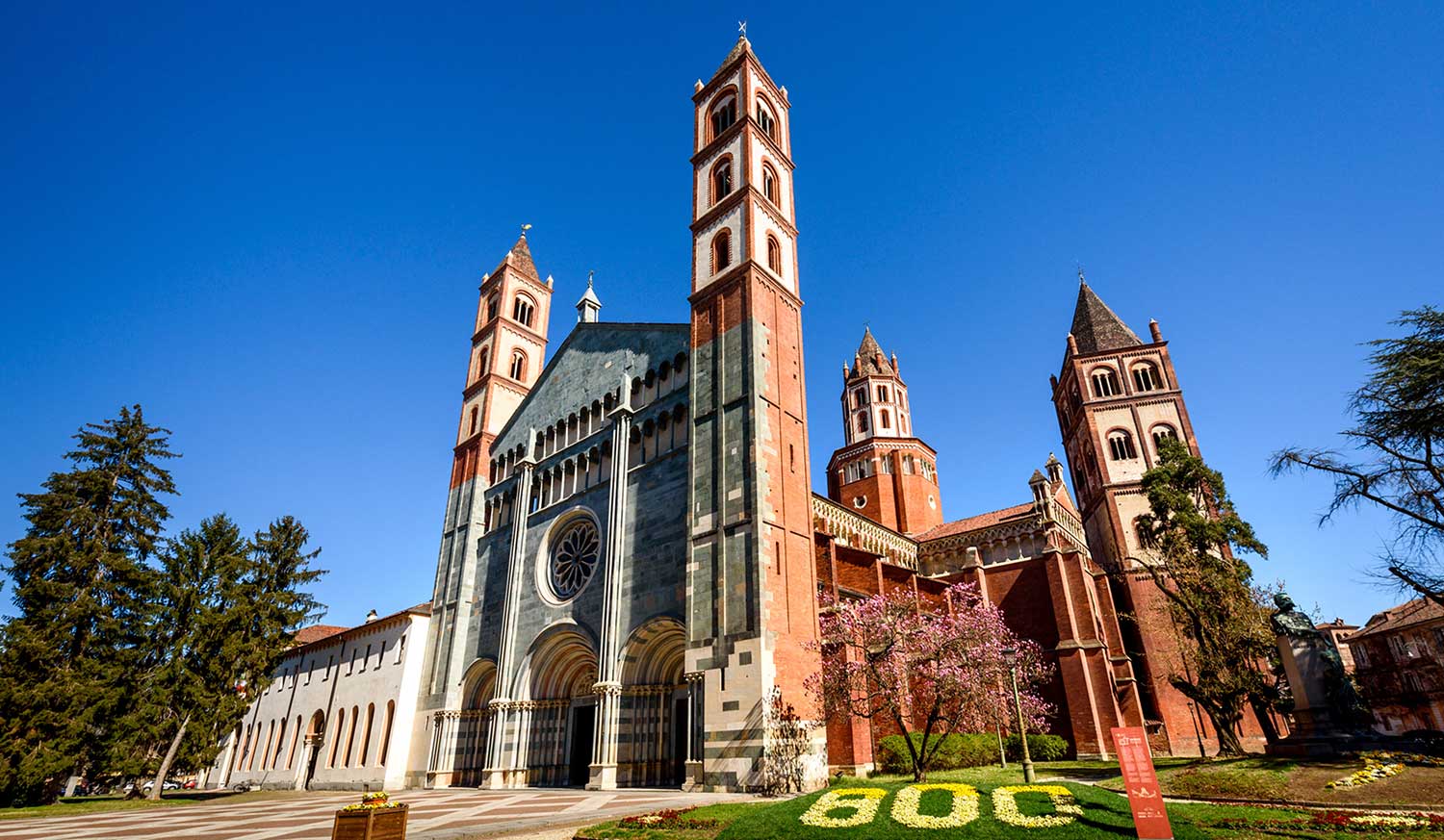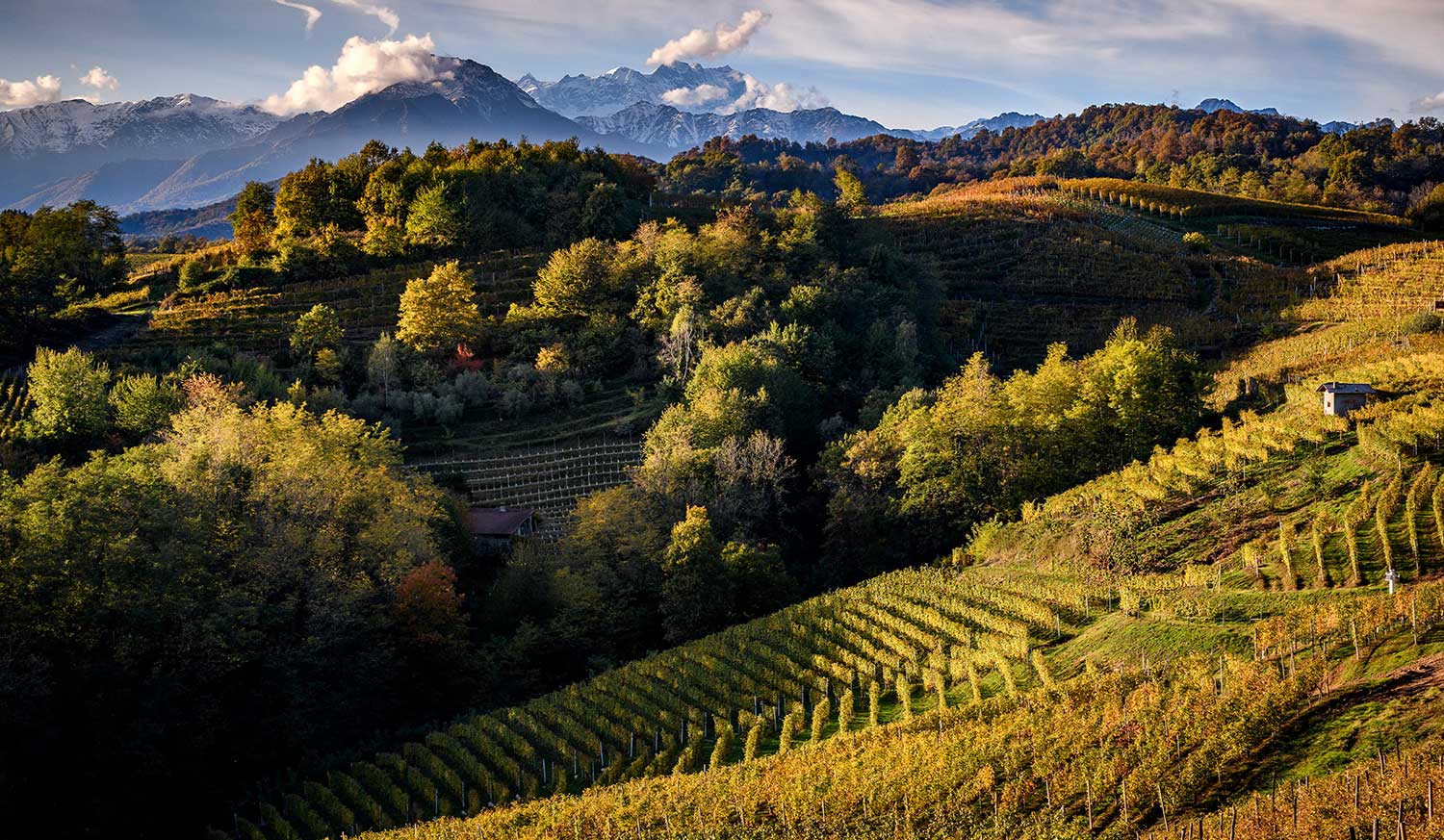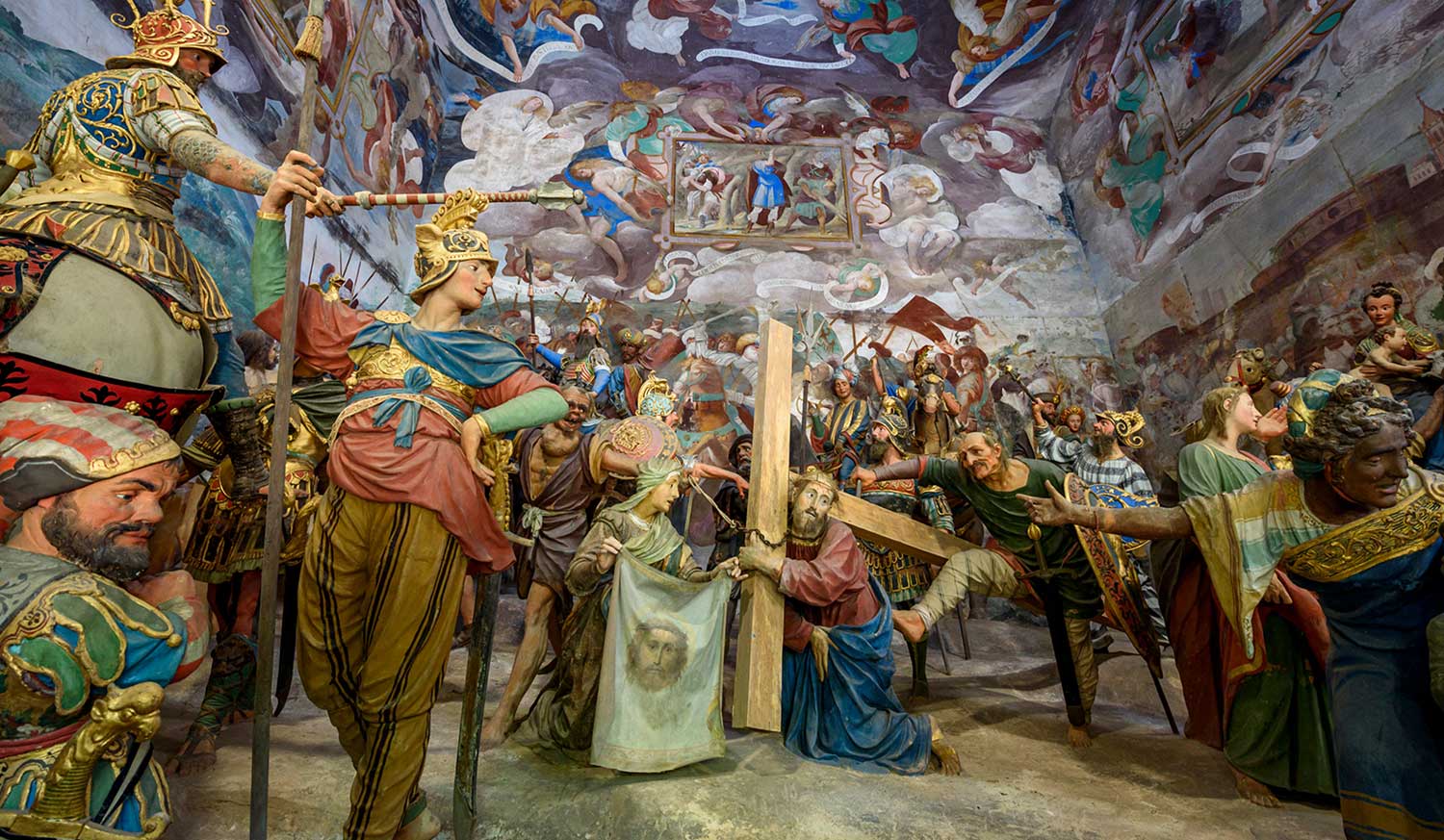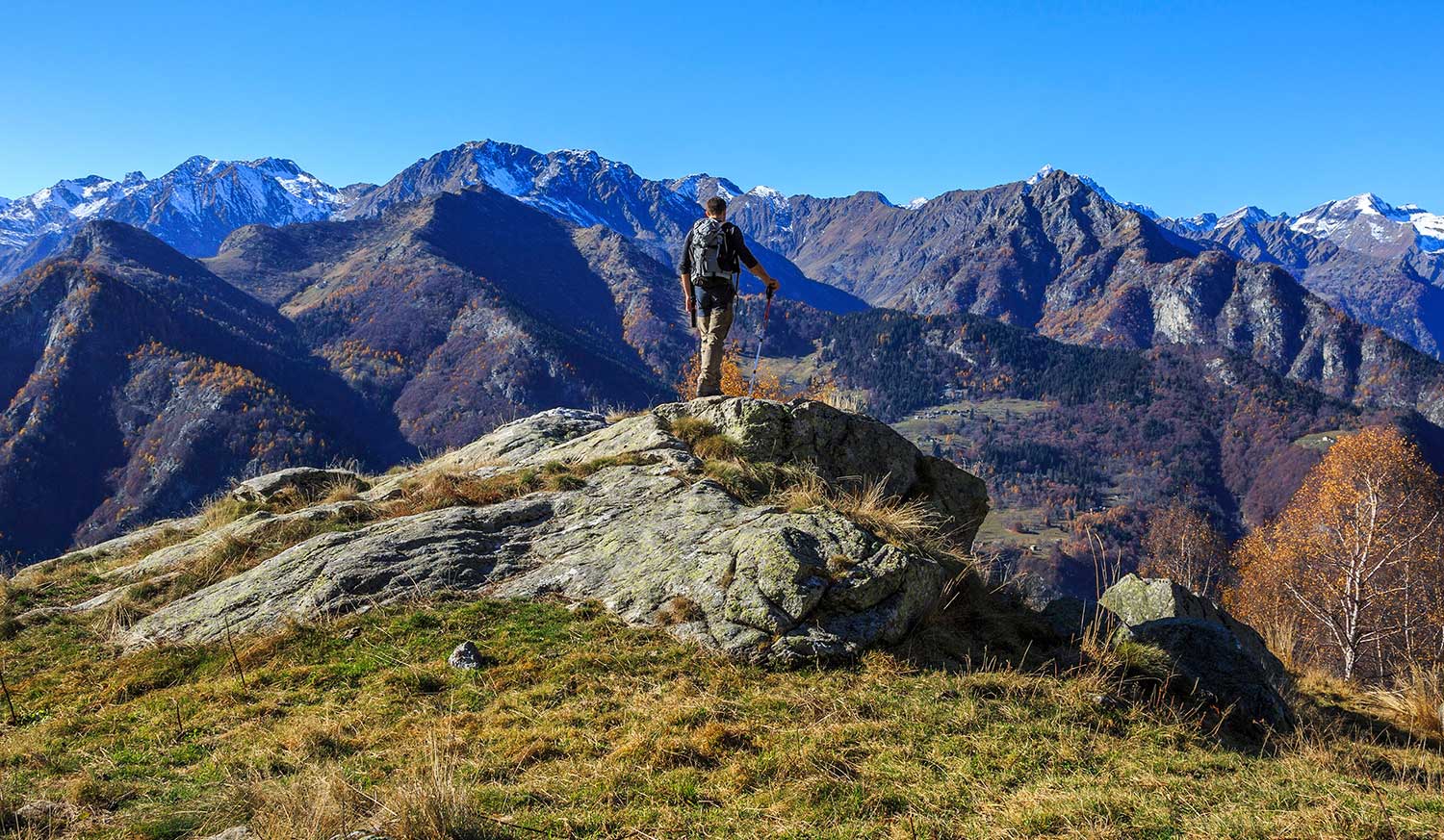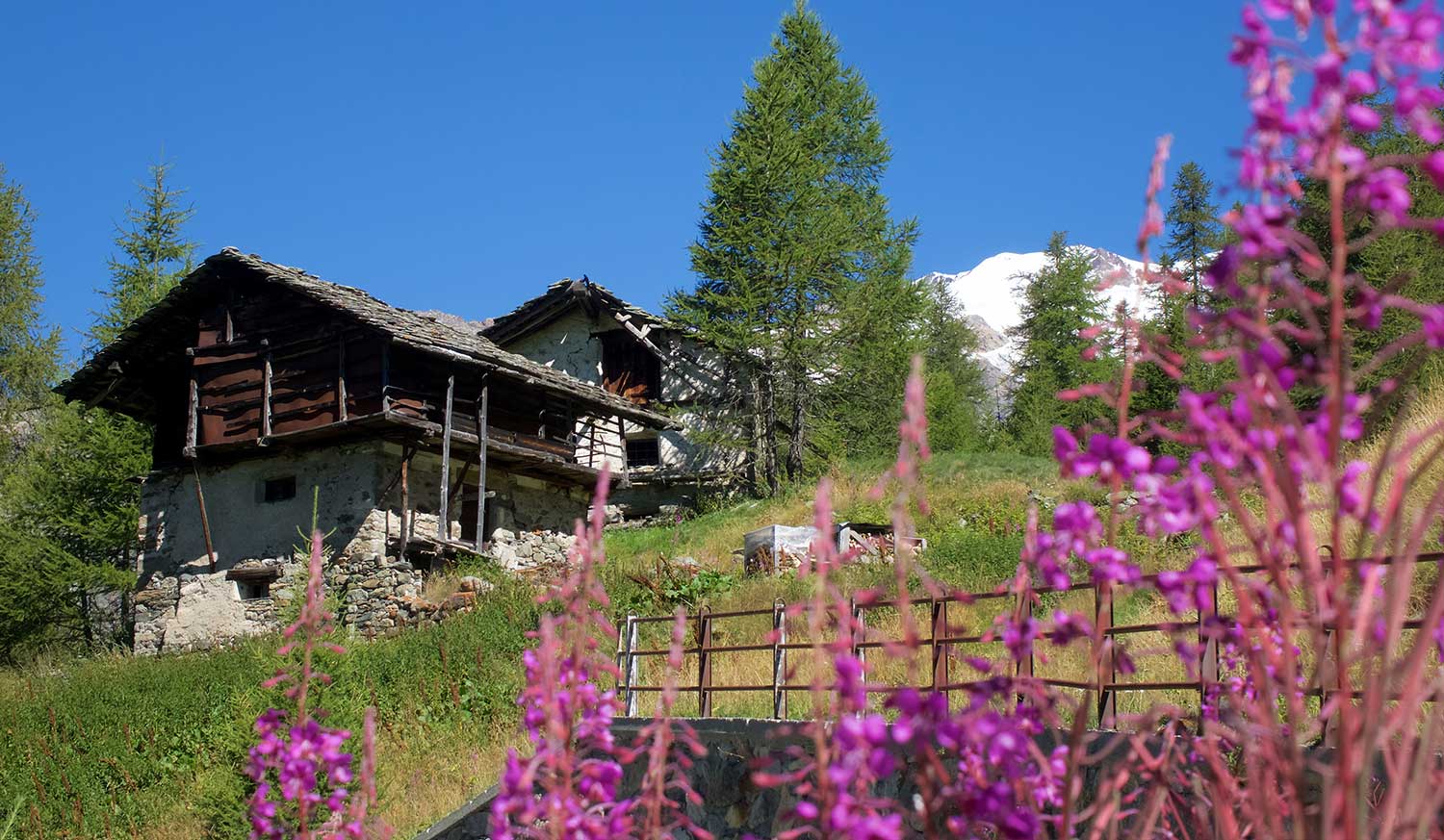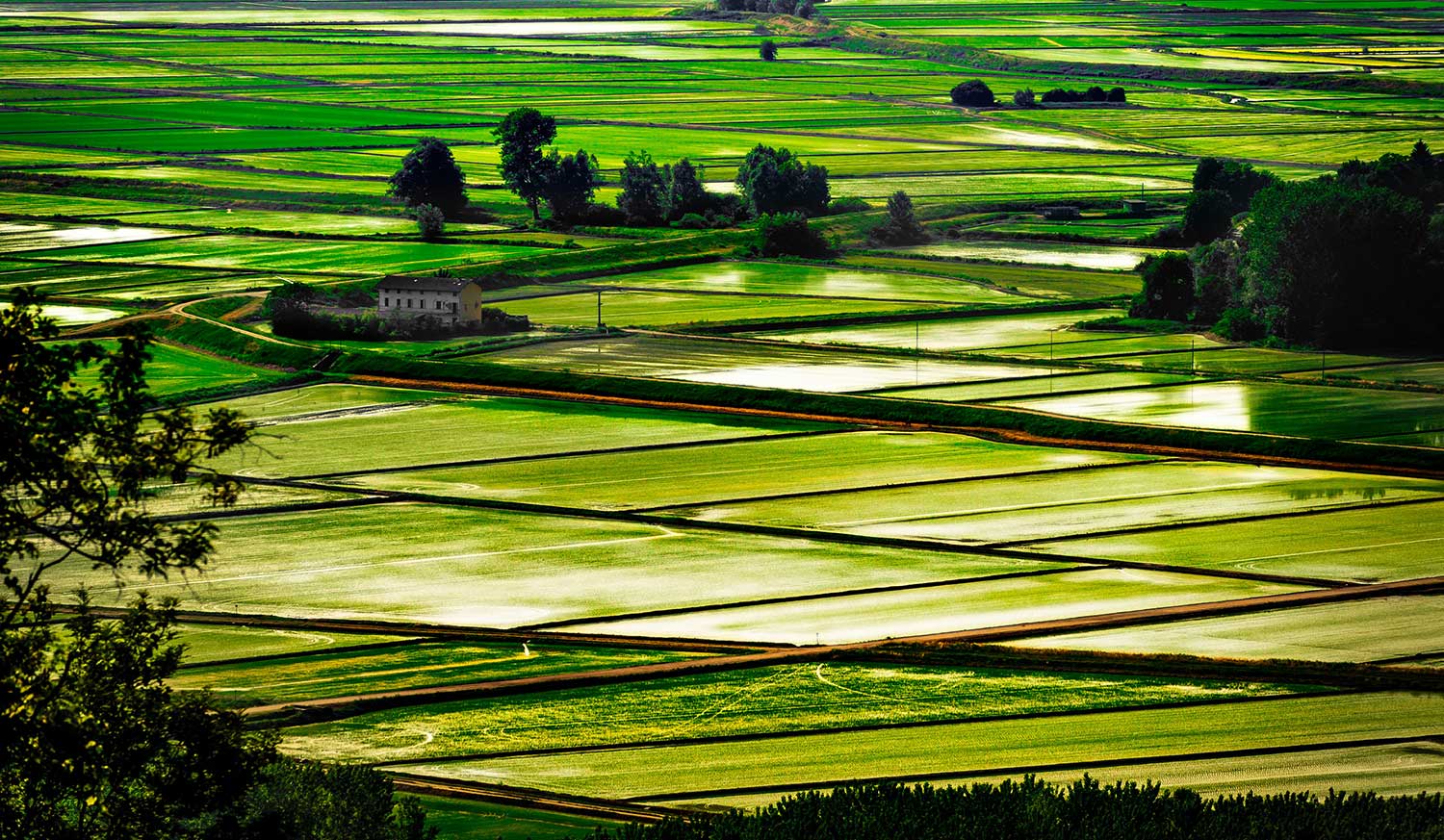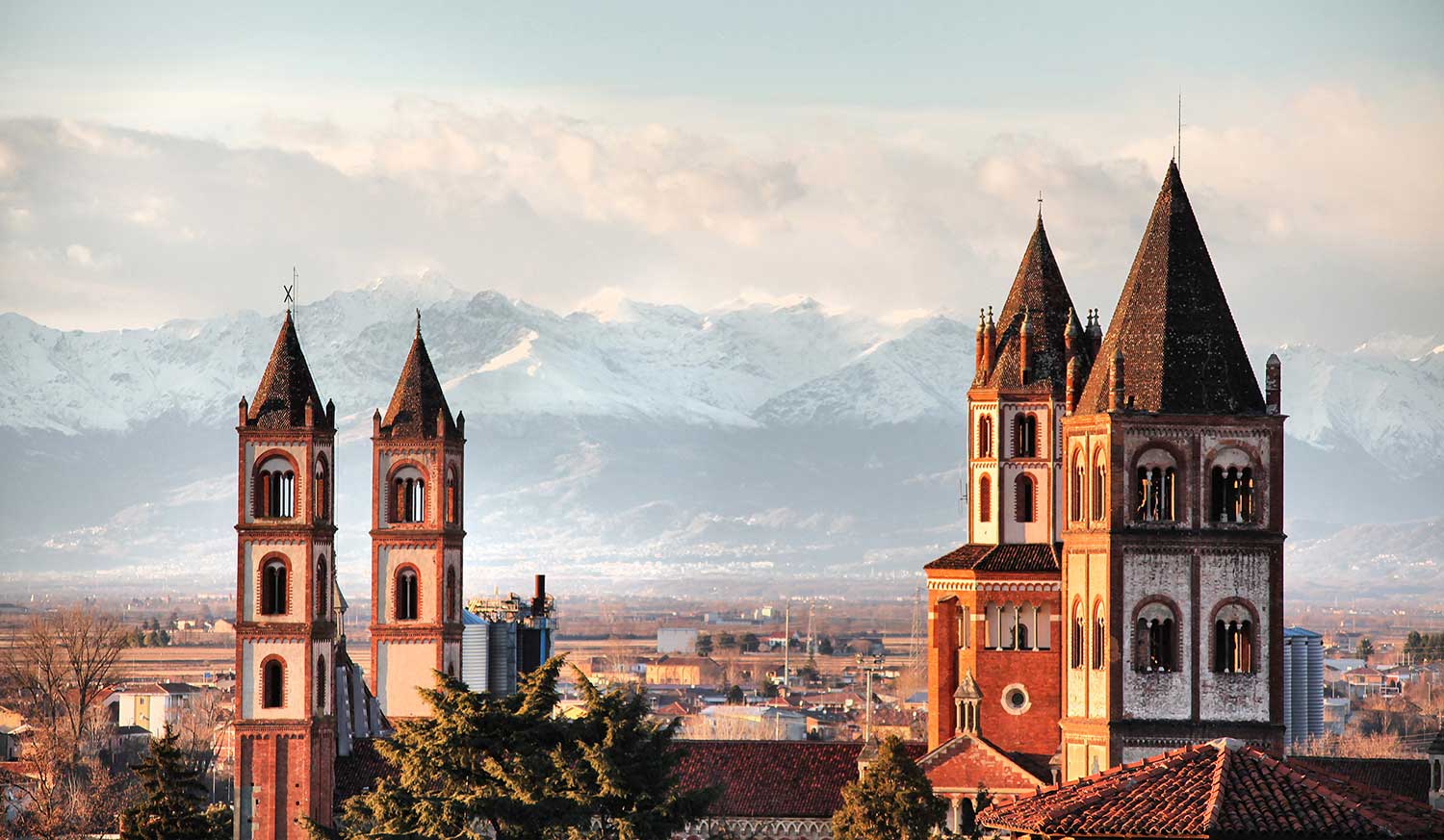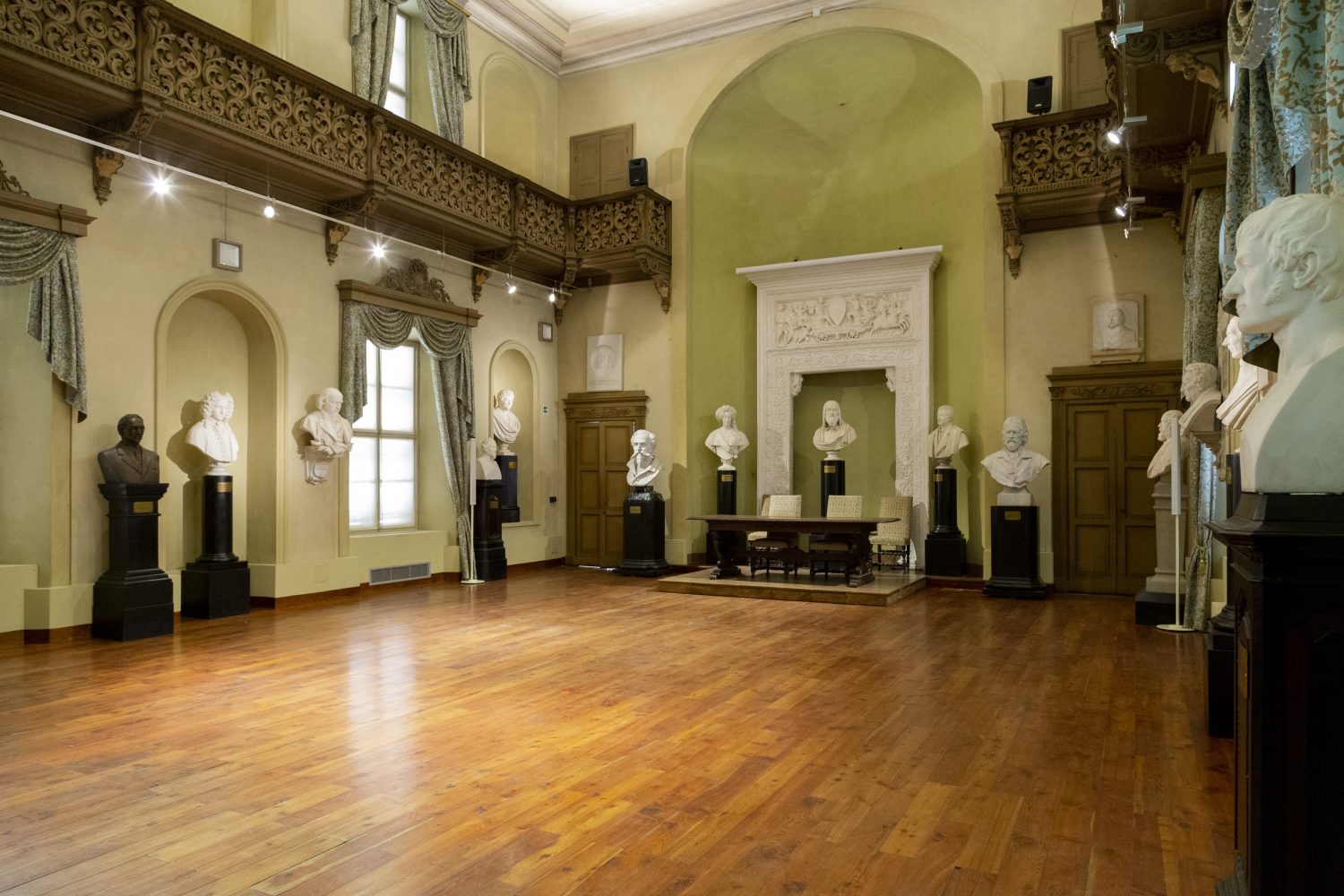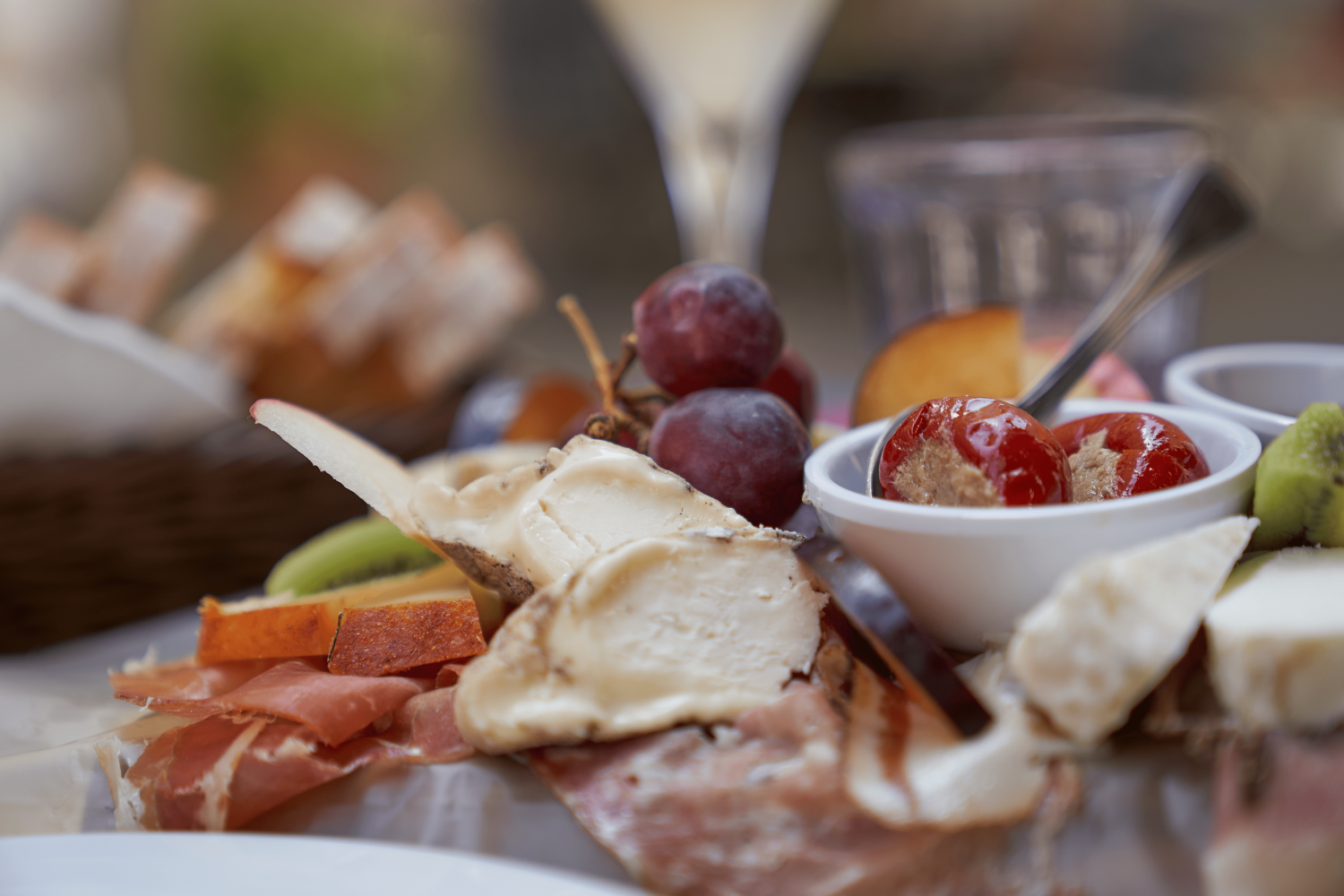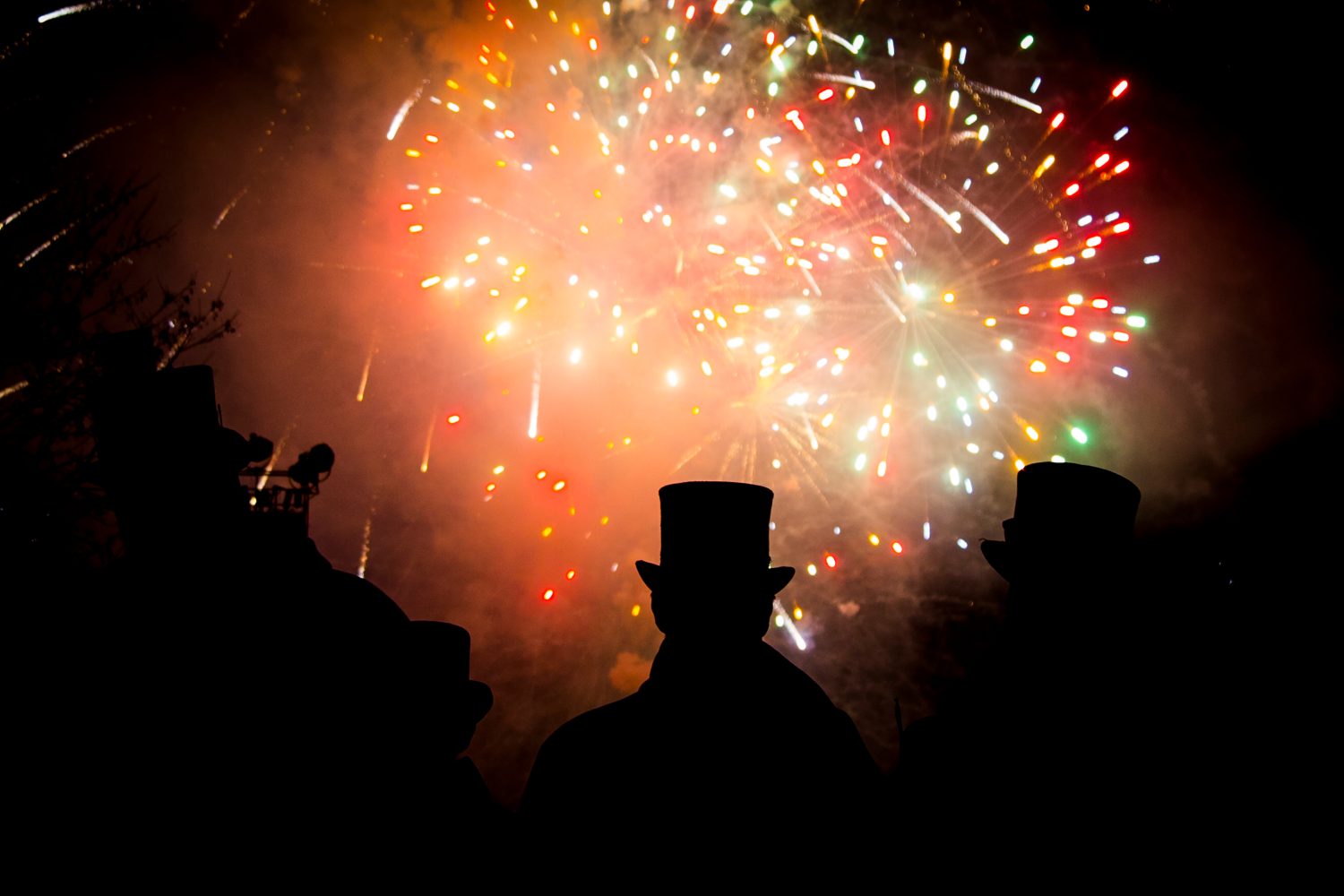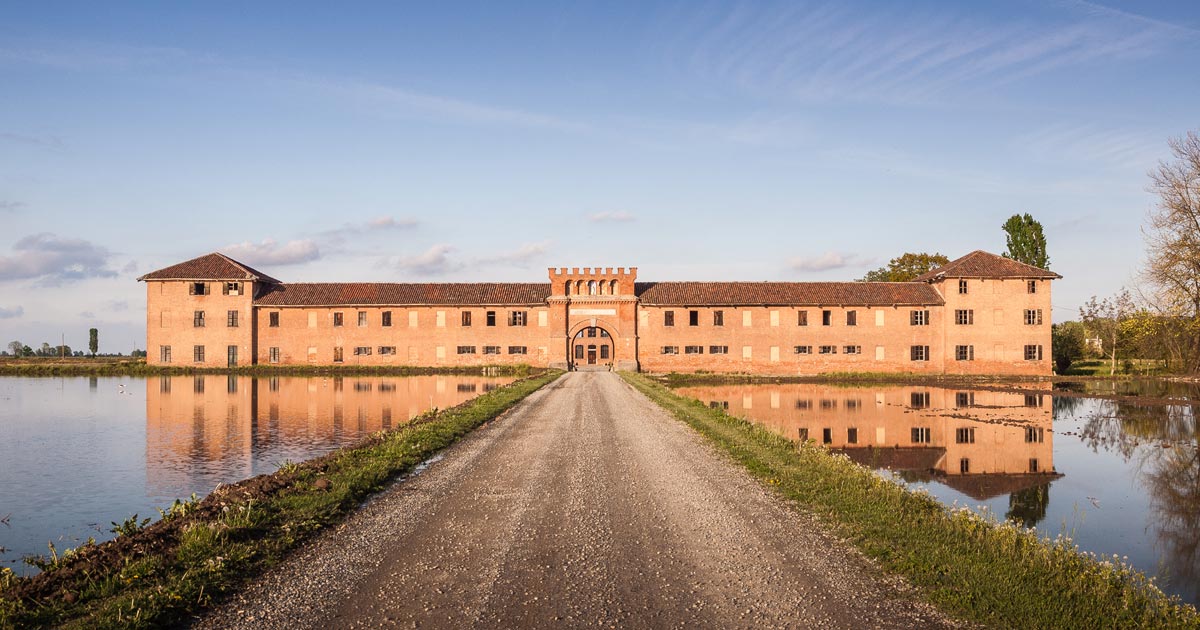
RICE-GROWING CONSERVATORY
RICE-GROWING CONSERVATORY
Many changes have taken place in this small town of Livorno Ferraris since the distant 1400s, when the Colombara Estate was created from a hostel for wayfarers, a typical farmstead with a closed courtyard where rice cultivation began. With the arrival of the Rondolino family, the Colombara Estate was transformed over the centuries into a micro-world inextricably linked to rice, featuring dwellings, taverns, shops and everything necessary for daily life. The dormitory of the mondine (rice mill workers) was built in 1920. It is now called the “Rice Growing Conservatory”.
The mondine were seasonal female labourers who worked in the rice fields mainly during the flooding period, from April to June. The work consisted in transplanting rice seedlings into the paddy field and in removing weeds. It was very hard physical work, often carried out under questionable hygiene conditions, so much so that in the early 1900s a protest was organised, and the rice mill workers obtained a contract establishing the 8-hour work day in 1906. The event was marked by a plaque affixed in the centre of Vercelli, a short distance from the town hall.
The Rice Growing Conservatory is part of the Terre d’Acqua Ecomuseum, the largest and most complex of Piedmont’s ecomuseums. The Conservatory was established by the Rondolino family, some local authorities, and the municipality of Livorno Ferraris as a place of memory and testimony to the area’s rice-growing culture. It consists of two main parts: the dormitory of the rice mill workers, and some rooms of the farmstead that have been set up to illustrate the living environment of a mid-twentieth-century rice mill.
The various rooms, including the kitchen, bedroom, schoolroom and craftsmen’s workshops, exhibit period objects and unique memorabilia donated and catalogued by the townspeople. Visiting these spaces will carry you back into the past, underscoring the great value of collective memory in preventing us from forgetting our history.
HIGHLIGHTS AND MUST-SEE places
Art and culture, ancient traditions, excellent food and wine, and countless outdoor activities.
